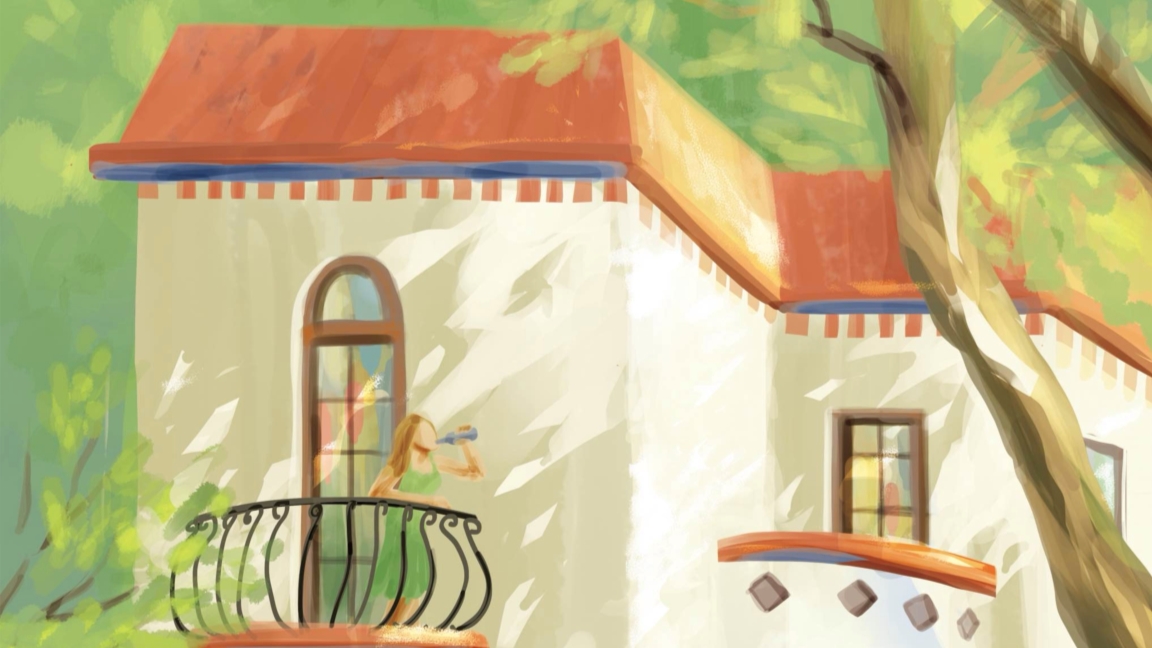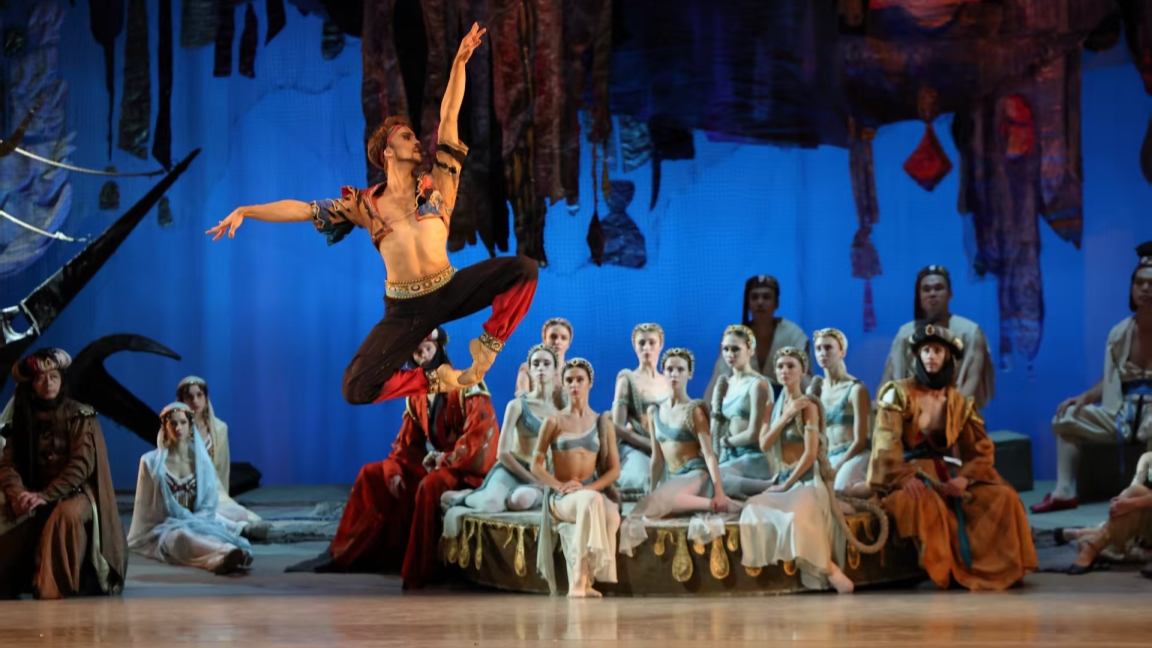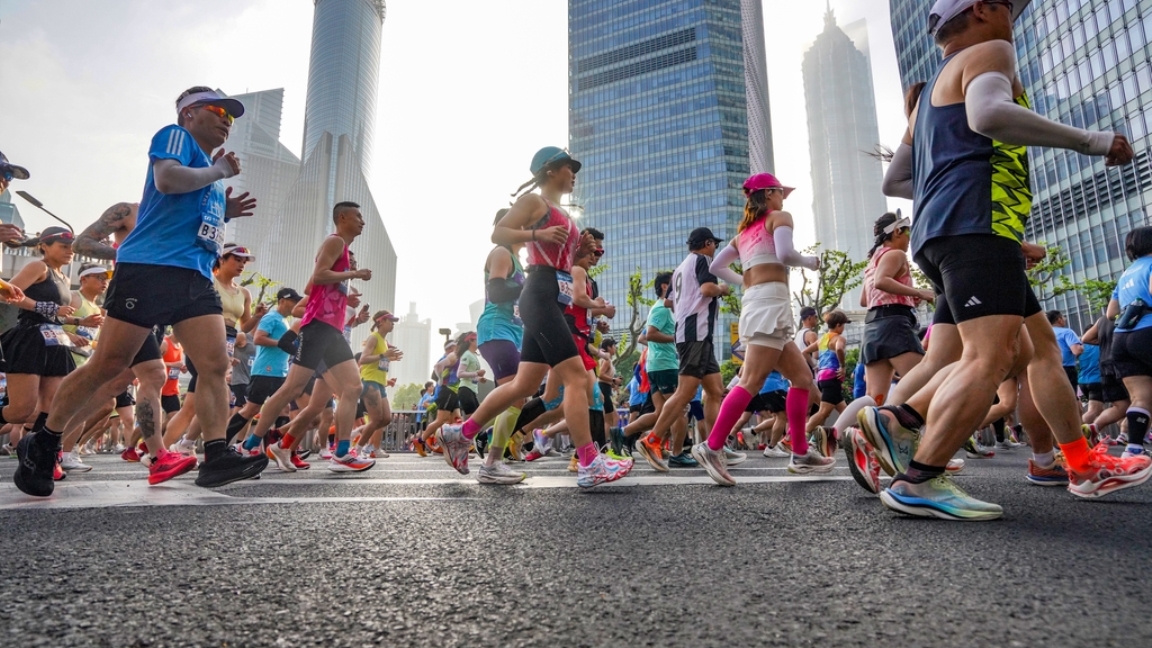Seven things you may not know about Major Heat
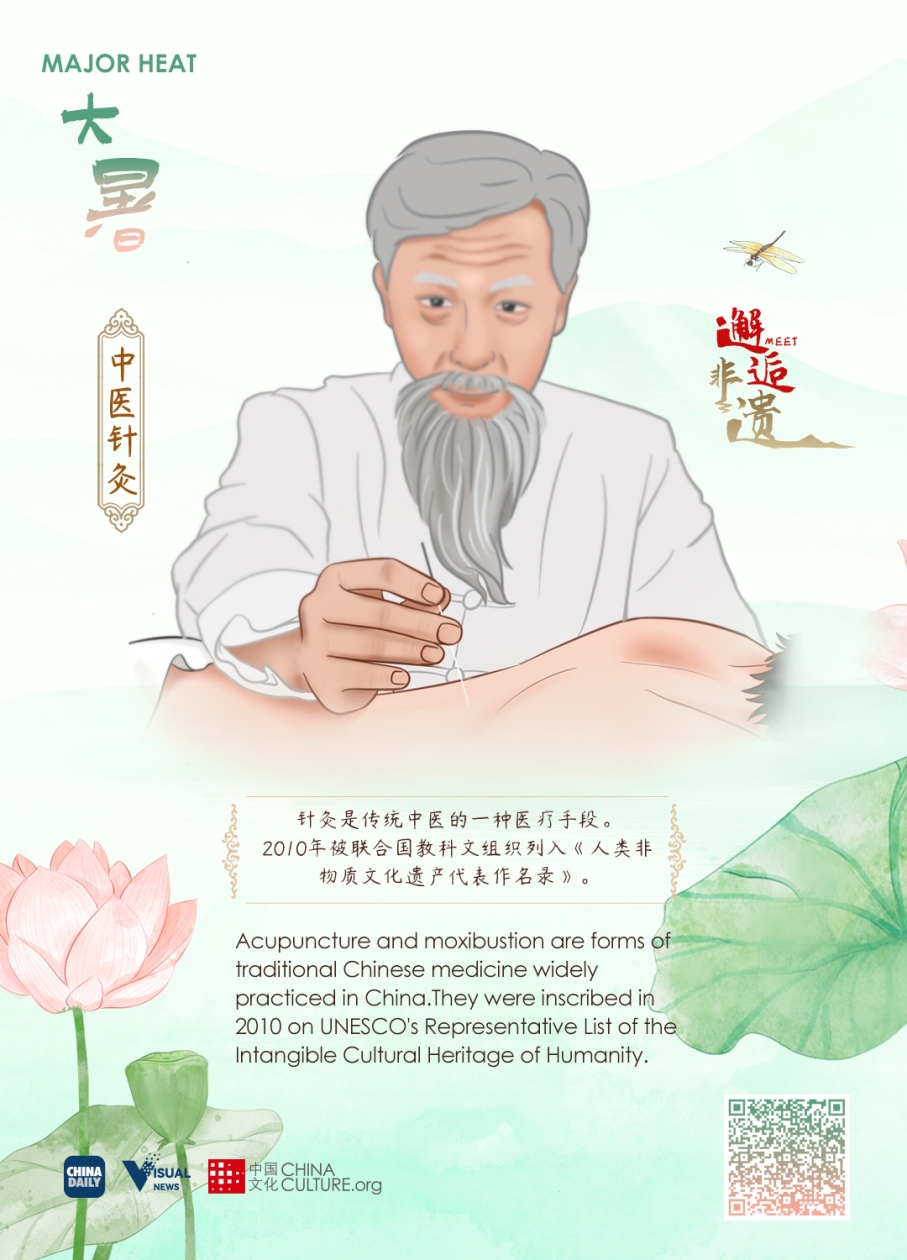
The traditional Chinese solar calendar divides the year into "24 solar terms". Major Heat (da shu), the 12th solar term of the year, begins this year on July 22 and ends on Aug 6.
During Major Heat, most parts of China enter the hottest stretch of the year.
Originally developed thousands of years ago to guide agricultural activities, the "24 solar terms" continue to influence daily life today through seasonal foods, cultural ceremonies, and wellness practices aligned with each phase of the calendar.
Here are seven things you should know about Major Heat.
A time for harvesting and planting
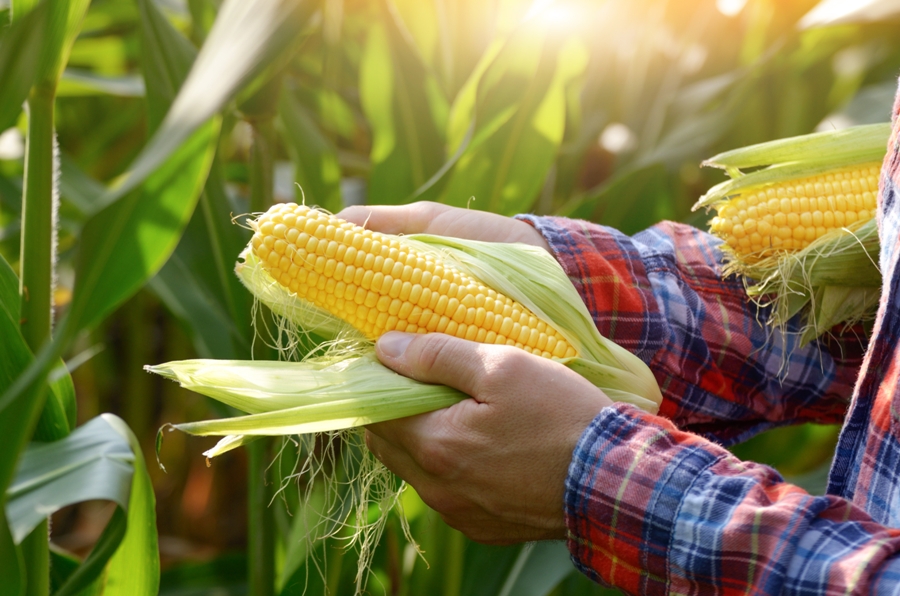
During Major Heat, the sunshine, high temperatures, and abundant rainfall create favorable conditions for crops. However, just like Minor Heat, natural disasters such as floods, droughts, and typhoons are common. Timely planning and harvesting are essential to minimize losses caused by such conditions.
Sending off the Major Heat ship
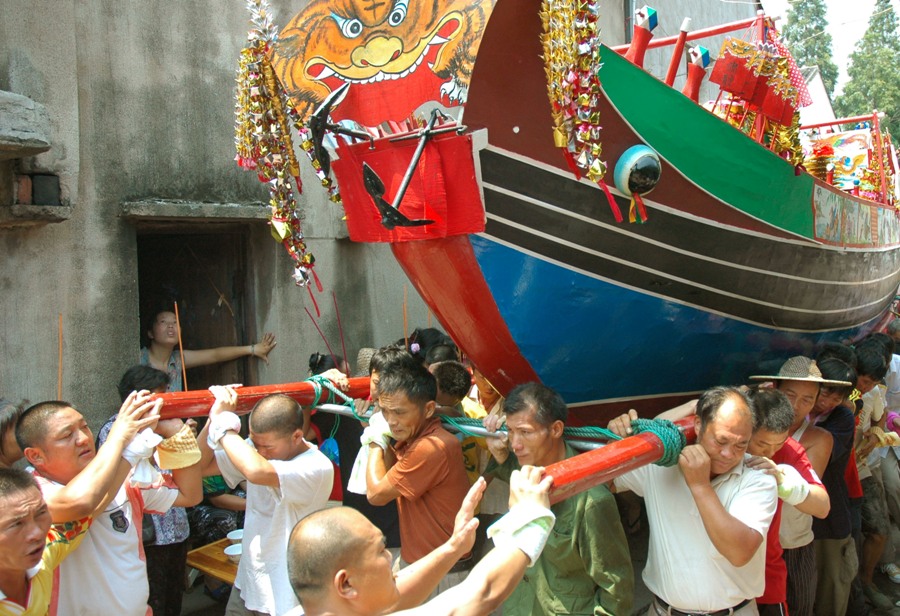
In Taizhou, Zhejiang province, locals observe an ancient folk tradition known as Sending the Major Heat ship, which dates back hundreds of years.
A ceremonial ship is filled with sacrificial animals such as pigs, sheep, chickens, fish, and shrimp. More than 50 fishermen take turns carrying the ship through the streets, accompanied by drumbeats and fireworks. Crowds gather along the roadside to offer prayers for blessings.
After a series of rituals, the ship is taken to the wharf, then pulled out to sea and burned. The ceremony is a collective prayer for health and a good harvest.
Cricket fighting
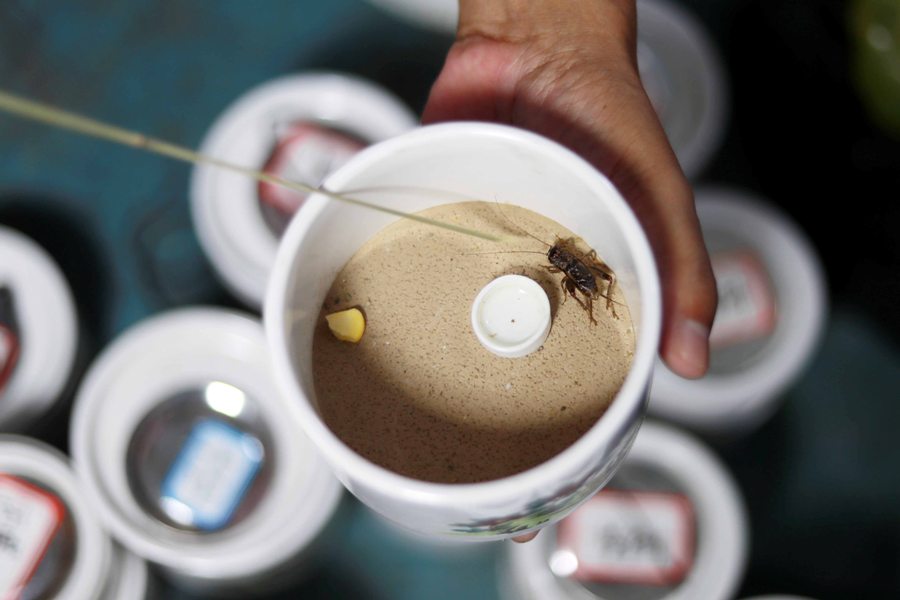
Major Heat is a season when crickets are most abundant in the countryside. In some regions of China, cricket fighting becomes a popular pastime, a tradition that dates back over 1,000 years to the Tang Dynasty (AD 618-907).
Eating litchi and mizao
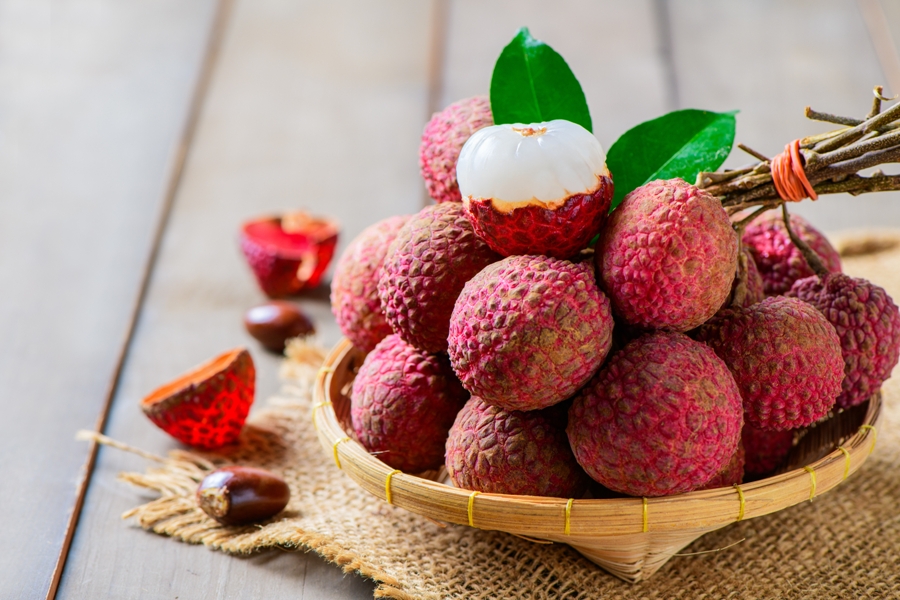
In Putian, Fujian province, people mark Major Heat by eating litchi and mizao.
Litchi, rich in glucose and vitamins, is often soaked in cold well water before being enjoyed. It is believed that eating litchi during Major Heat is as nourishing as ginseng.
Mizao, made from fermented rice and cooked in brown sugar, is said to strengthen the body's vital energy.
Eating pineapples
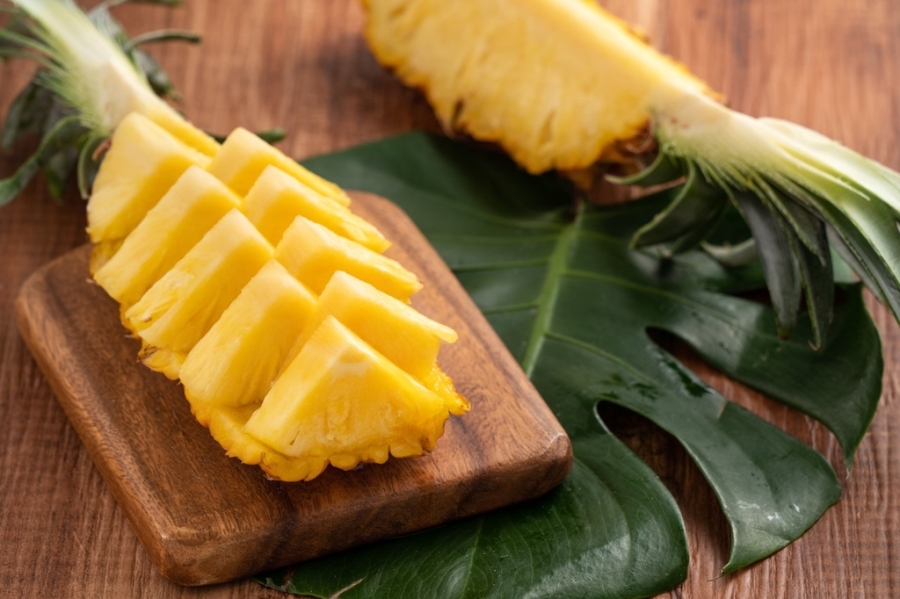
In Taiwan, there is a saying: "Eat pineapples in Major Heat". Locals believe that this is when pineapples are at their peak flavor.
Drinking mutton soup
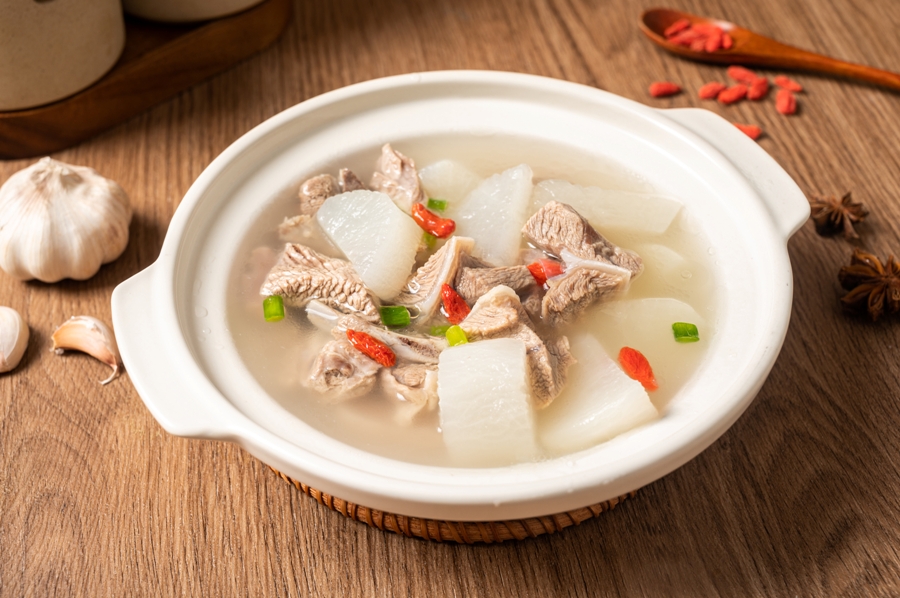
In southern Shandong province, there is a tradition of drinking mutton soup on the day of Major Heat. Known locally as "summer mutton soup", it draws crowds to restaurants in search of its warming and nourishing qualities.
Eating grass jelly
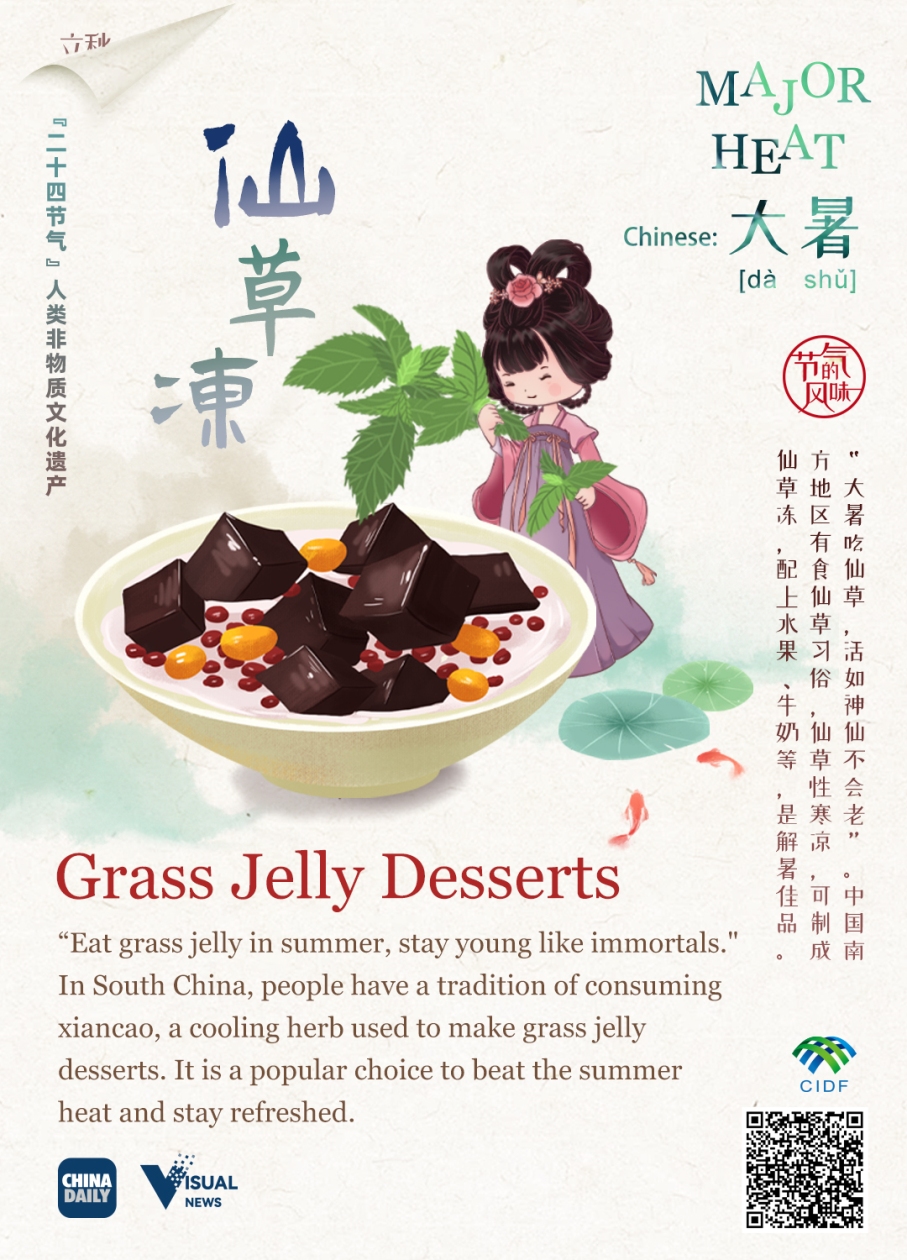
Grass jelly, known as xiancaodong in Chinese, is made from a special plant whose sun-dried stems and leaves are turned into a cooling jelly.
Long valued for its ability to dispel the summer heat, grass jelly is a subject of the popular saying in Guangdong: "Eat herb jelly in Major Heat and stay young like the immortals."
Delicate in texture and mild in taste, it resembles guilinggao, or turtle jelly, but without the bitterness.
Vocabulary
大暑
dà shǔ
Major Heat
蟋蟀
xī shuài
cricket
荔枝
lì zhī
litchi
菠萝
bō luó
pineapple
羊肉汤
yáng ròu tāng
mutton soup
仙草冻
xiān cǎo dòng
grass jelly
大暑时节,中国大部分地区正式进入一年中最热的季节。
dà shǔ shí jié,zhōng guó dà bù fèn dì qū zhèng shì jìn rù yī nián zhōng zuì rè de jì jié。
During Major Heat, most parts of China enter the hottest stretch of the year.
大暑期间,阳光充足、气温高、雨水多,这些都有利于农作物的生长。
dà shǔ qī jiān,yáng guāng chōng zú、qì wēn gāo、yǔ shuǐ duō,zhè xiē dōu yǒu lì yú nóng zuò wù de shēng zhǎng。
During Major Heat, the sunshine, high temperatures, and abundant rainfall create favorable conditions for crops.
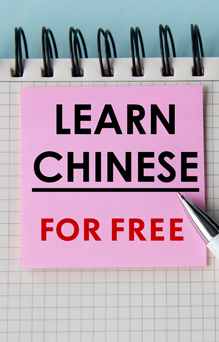

In Case You Missed It...
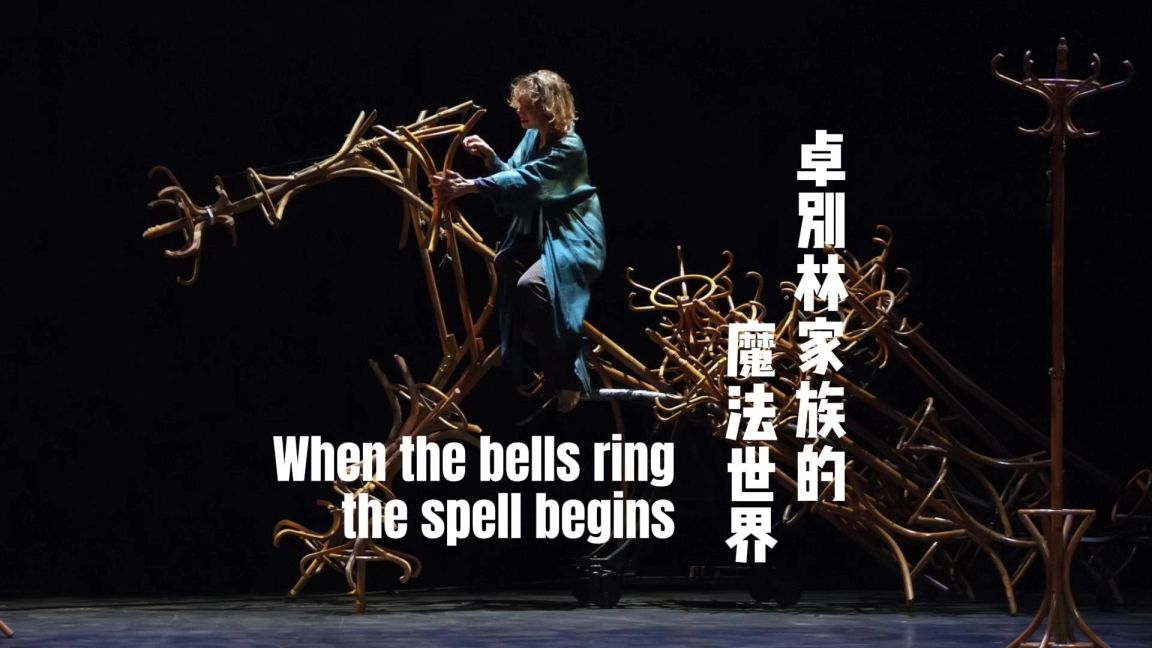
![[See & Be Seen] Check Out the Belgian Beer Fest Happening NOW](https://obj.shine.cn/files/2025/10/25/112ac044-9469-432d-a275-691278096991_0.jpg)
